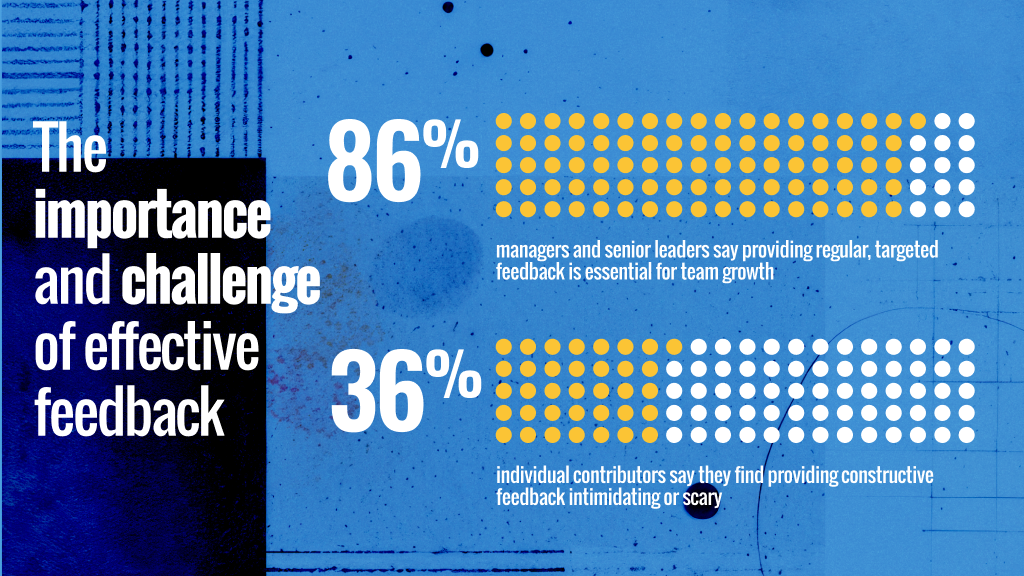It’s Selfish to Withhold Negative Feedback

When Jonathan Ive, Apple’s senior vice president of design, threw a softball to his designers after they underperformed on a project, Steve Jobs countered Ive by saying: “You don’t care about their feelings. You just want to be liked.”
Perhaps offering negative feedback is part of what made Jobs such a successful executive, despite it giving him the appearance of a hackled porcupine. As Dr. Christian Jarrett points out, neuroscience is helping us understand that negative feedback is essential to helping others improve. Keeping quiet, either out of wanting to be liked or for fear of reprisal, will never help others improve — or help them achieve their larger goals.
“Explaining to someone the modifiable, external factors that contributed to their poor performance (‘This article fell short because it wasn’t based on enough research insights’) is more likely to result in them reacting in a constructive way to the criticism.”
Numerous studies have found that offering constructive negative feedback is a tricky thing to do. The Journal of Applied Social Psychology published a study that found purely negative responses to someone’s efforts provoked a chain of negative emotion. Because negativity is perceived as a threat, our natural response is to become defensive and avoid any future engagement.
On the other hand, when criticism is given with the intention of improving future work, it is received more willingly. The Journal of Psychology notes that feedback should focus primarily on ways to improve the skills someone already has rather than criticizing them for failure or inattentiveness.
Of course the burden of constructive criticism doesn’t fall entirely on the person giving feedback. It’s equally important to know how to receive feedback, as Harvard Law School lecturer Douglas Stone explains:
Read more at 99u.





